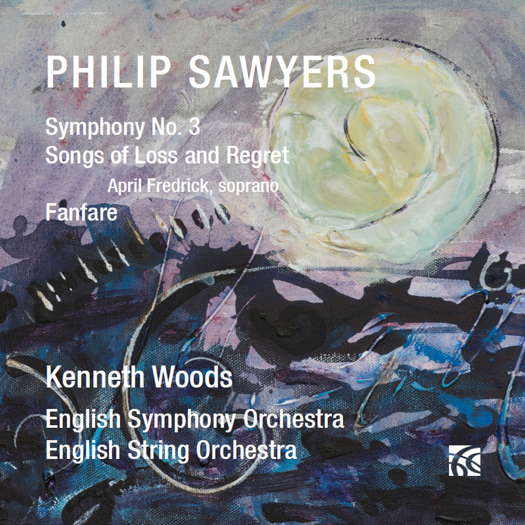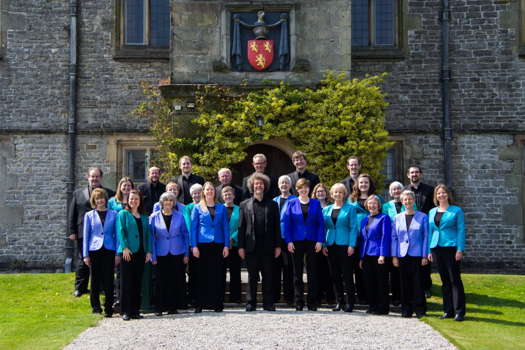 UPDATES: There's a new feature every day at Classical Music Daily. Read about the various ways we can keep in touch with you about what's happening here.
UPDATES: There's a new feature every day at Classical Music Daily. Read about the various ways we can keep in touch with you about what's happening here.
 SPONSORED: CD Spotlight. View from the Celli - Philip Sawyers' Symphony No 3 impresses Alice McVeigh.
SPONSORED: CD Spotlight. View from the Celli - Philip Sawyers' Symphony No 3 impresses Alice McVeigh.
All sponsored features >>
 DISCUSSION: What is a work? John Dante Prevedini leads a discussion about The performing artist as co-creator, including contributions from Halida Dinova, Yekaterina Lebedeva, Béla Hartmann, David Arditti and Stephen Francis Vasta.
DISCUSSION: What is a work? John Dante Prevedini leads a discussion about The performing artist as co-creator, including contributions from Halida Dinova, Yekaterina Lebedeva, Béla Hartmann, David Arditti and Stephen Francis Vasta.

Near-miraculous
Bach, Copland, Gibbons, Ramsey,
Tomkins, Walton, Weelkes and Whitacre
from Richard Roddis and the Derwent Singers,
heard by MIKE WHEELER
The Derwent Singers' programme of Passiontide music, with conductor Richard Roddis - St Mary's Church, Derby, UK, 30 March 2019 - was well-planned on two counts. Verses of the plainsong hymn 'Crux Fidelis' acted as a connecting thread running through the whole concert, punctuating the other items. And we heard examples of different composers setting the same text.

The Derwent Singers with conductor Richard Roddis. Photo © Ashley Franklin
Hosanna to the Son of David was one. The choir's direct, punchy take on Weelkes' setting effectively contrasted it to the gentler one by Gibbons, with its contrapuntal lines tumbling almost playfully over one another.
Of the four settings of When David Heard that Absolom was Slain, the madrigalian character of the one by Weelkes could perhaps have been brought out more, as could Robert Ramsey's more theatrical manner, but Tomkins' restrained setting was allowed to carry its grief with dignity. Eric Whitacre's setting is on a more epic scale altogether, perhaps a bit too long, but including some highly effective writing; the singers responded vividly to the moments of anger as well as sorrow.
A quiet, gentle reading of Gibbons' Drop, Drop Slow Tears was followed by A Litany, the near-miraculous setting of the same text by the fifteen-year-old Walton. That astonishing final cadence was properly spine-tingling. Gibbons was also represented by O Lord in thy Wrath, prone to some pitching issues, Ramsey by his O Vos Omnes, the singers honouring both the rich textures and the emotional restraint.
You wouldn't normally expect Copland to appear in such a context, but Help Us O Lord is the first of four motets he composed in 1925 while studying with Nadia Boulanger in Paris. Few would recognise the future composer of Appalachian Spring here, but the harmonic shifts must have seemed bold enough at the time. The singers navigated them, and the wide dynamic range, with apparent ease.
The account of J S Bach's motet Komm, Jesu, Komm that ended the concert grew caught a nice sense of understatement, almost hesitancy, at the start, growing through the rhythmic swaying of the second section, to an assertive ending.
Copyright © 15 April 2019
Mike Wheeler,
Derby UK


